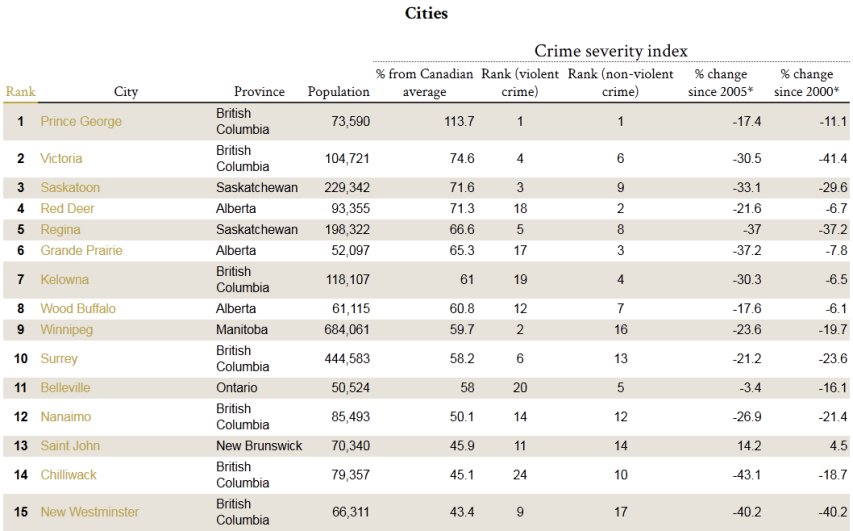Gloria Galloway in the Globe and Mail:
Private member’s bills rarely make it this far. But politicians of all stripes rose to echo Mr. Albas’s argument that an 80-year-old wrong needs to be made right.
It is an issue that he says he has been hearing about from his constituents — and from wine growers and lovers across Canada — since the election campaign that brought him to Ottawa for the first time last year.
“Every single winery owner that I have spoken with supports this legislation,” Mr. Albas said in an interview with The Globe and Mail, “especially the small family wineries whose production is so low that they can’t sell through the liquor control monopoly.”
As it stands, anyone who wants to send wine from one province to another for his own consumption must route it through a provincial or territorial liquor control board and must pay the associated taxes and markups.
If a tourist from Saskatchewan visits a winery in Ontario and likes what she is tasting, she is not legally permitted to take it home with her or mail a few bottles to herself. In fact, she could be thrown in prison for up to three months for doing so.
On the other hand, a tourist from Texas could visit the same winery and send crates of the stuff back to his home in Austin.
Update: Whoops. Not so fast … Colby Cosh just sent a twitter update that makes me sad:
Did the NDP really block the wine bill? Why is this occupying more than about 30 seconds of Parliament’s time?
Oh, that’s nice. Thanks, Mr. Mulcair. Good going: that’ll show those wine-swilling Tories who’s boss, won’t it?
Update, the second: Apparently the NDP’s over-enthusiastic supporters talked out the available time to prevent the bill being voted on. This is enough to kill it for this session. Nice, work socialist horde!
The bill would have been sent to the Senate and likely passed into law, if the NDP had agreed to collapse debate and send it to a vote.
Mr. Albas thought he had a deal to do just that because members from all sides of the House were enthusiastic about amending the Prohibition-era Importation of Intoxicating Liquors Act that bans wineries across the country from sending their product to another province.
But six NDP MPs were so enthusiastic about their support for the bill, they used up all the available time in an apparent filibuster and Mr. Albas will now have to wait until the fall before he gets a second hour of debate and the chance to go to a vote.
An NDP spokesman said it was an honest mistake. Really? How absent-minded of them. Perhaps they should eat more oily fish.
‘‘This is the stuff that turns most Canadians off politics. It was completely uncalled for,” said Mr. Albas. “I’m disappointed the NDP used petty procedural games, rather than supporting the B.C. and Canadian wine industry.”
Update, 8 June: Well, somehow the filibuster didn’t stop the bill after all:
Canadians will soon be allowed to transport wines across provincial borders after MPs from all parties voted to support a private member’s bill to end the decades-old prohibition. Bill C-311, from British Columbia Tory MP Dan Albas, passed by a vote of 287-0 during third reading in the House of Commons Wednesday. The bill would also allow Canadians to shop for wines online and ship them across borders. “The wine industry has had this thorn in their side for 84 years. It’s time to free the grapes,” Mr. Albas told reporters before the vote. Under the 1928 Importation of Intoxicating Liquors Act, transporting wines is punishable by a $200 fine or even jail time.




